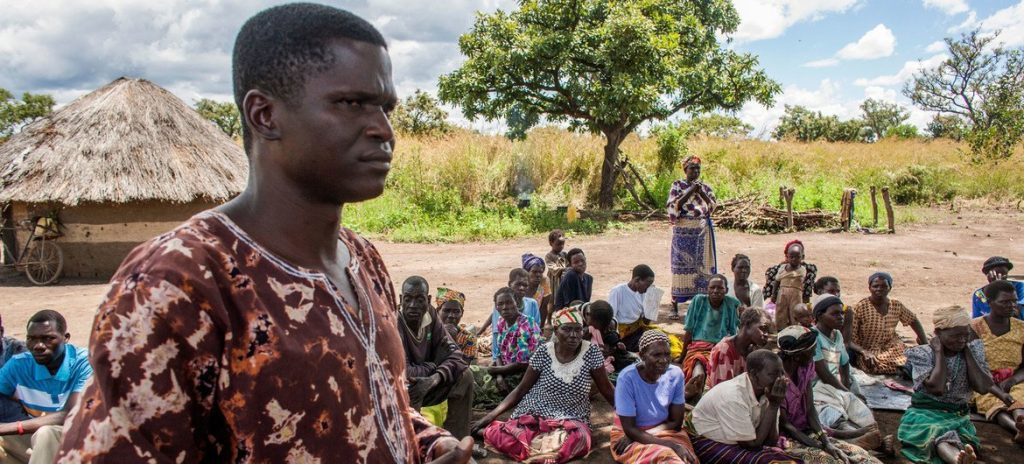Oil extraction projects often lead to disputes over land rights, displacement, and unequal distribution of resources. Recognizing this, Uganda has developed a comprehensive framework for preventing oil-related conflicts. A critical component of this framework is the Resettlement Action Plans (RAPs), which are designed to ensure that people displaced by oil projects are adequately compensated and relocated with minimal disruption to their lives.
These plans involve consultations with local communities to ensure they are informed and involved in decision-making from the outset. This participatory approach helps prevent tensions and ensures that the displaced communities receive fair compensation for their lost land or property. For instance, individuals may receive financial compensation or be given alternative plots of land on which to build new homes and start new businesses.
Moreover, Uganda has adopted local content policies that prioritize the employment of Ugandans in the oil sector. These policies not only help ensure that local communities benefit from the oil industry but also reduce the likelihood of conflicts arising from the perception of foreign exploitation of resources. Through capacity-building programs and training initiatives, Ugandans are being prepared to fill key roles in the oil industry, giving them a stake in the country’s oil-driven prosperity.


